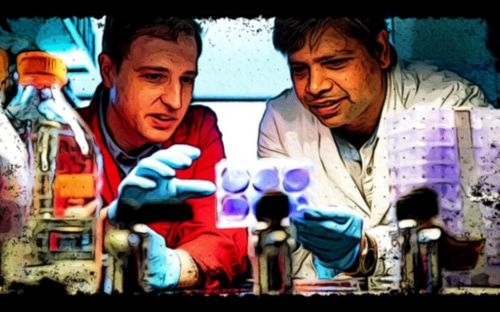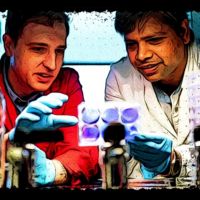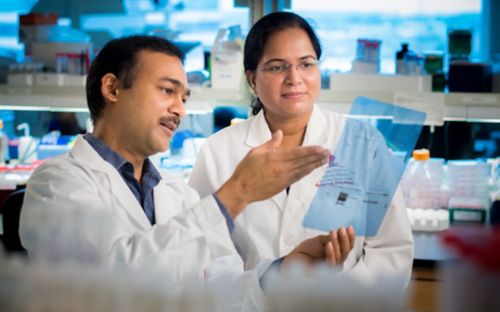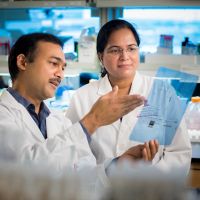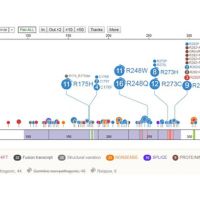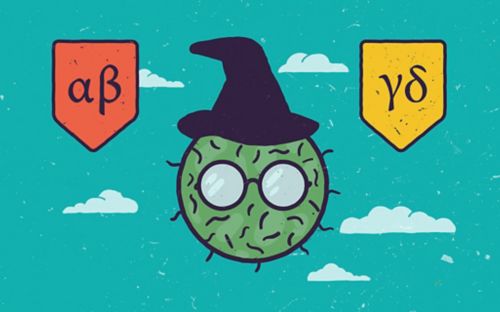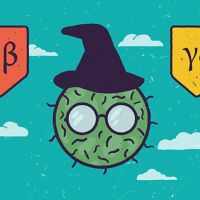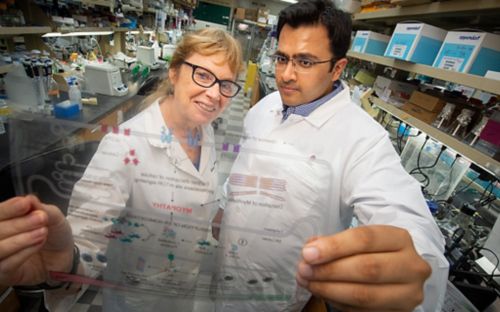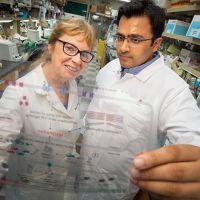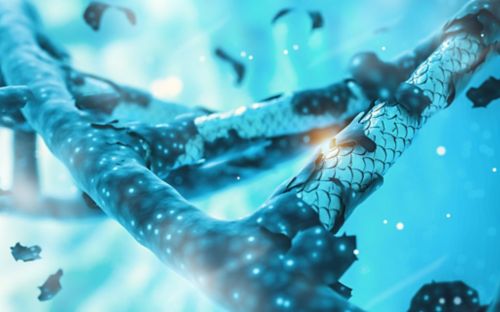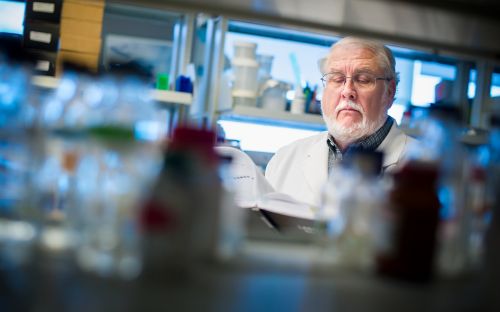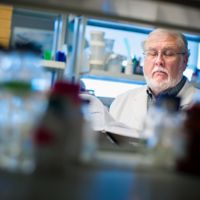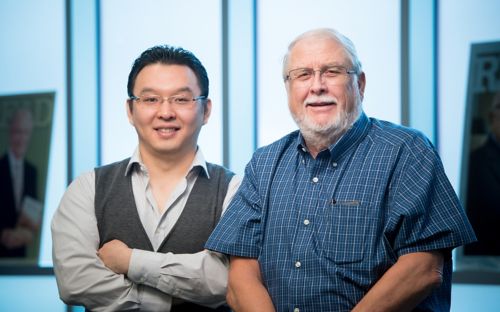St. Jude Family of Websites
Explore our cutting edge research, world-class patient care, career opportunities and more.
St. Jude Children's Research Hospital Home

- Fundraising
St. Jude Family of Websites
Explore our cutting edge research, world-class patient care, career opportunities and more.
St. Jude Children's Research Hospital Home

- Fundraising
Research
Learn about published research as well as leading-edge basic and translational research initiatives from St. Jude laboratories.
What is extreme phenotype sequencing? Taking STEPS to improve genome-wide association studies
Will a new genome sequencing data mining technique reveal the mother lode of secrets for treating cancer and other catastrophic diseases?
What is causing resistance to the new flu drug, Xofluza?
A recently discovered mutation that occurs when the flu virus is exposed Xofluza could also cause drug resistance.
NLRP3 balance: St. Jude researchers pinpoint key innate immune system regulator
For 12 years, science didn’t know how certain immune responses were activated. They do now, and it may lead to new cancer treatments.
What you’re missing if you’re only sequencing exomes or RNA
New findings from St. Jude study Genomes 4 Kids suggest many actionable mutations are missed without a three-platform genomic sequencing approach that includes WGS.
mTORC1, the ‘Sorting Hat’ of the thymic school
House of blood or house of guts? Read how this internal Sorting Hat decides where cells go.
The SILver Lining: The yin-yang balance of proteins in muscle disease
Ever heard of Marinesco-Sjögren syndrome? A St. Jude lab found the mutation that causes it.
New studies raise warnings with CRISPR-Cas9, but there's more to the story
Recent studies highlight efficacy and safety issues of CRISPR. While the results are important, read why we should wait before drawing conclusions.
All in the family: How 59,000 volunteers and a team of scientists helped uncover six inherited gene mutations for medulloblastoma
There were 110 suspect genes. We found the six that could lead to childhood brain tumors.
New discoveries are simply that and must withstand the test of time
You really trust the ‘latest and greatest?’ Over-hyped scientific discoveries that haven’t been thoroughly tested create false hope for cures.
Statistical hypothesis testing: minimize bias and help ensure your results are significant
Don’t fall for the trap: Follow these 4 steps to help ensure your experimental results are statistically significant.


